Hydro Up North
Gustavus, AK
In the summer of 2019, a team of engineers from Dartmouth College were tasked with installing a micro-hydroelectric generator for the Inian Islands Institute: an ecological field school located on a remote island off the coast of Alaska. The campus's existing hydroelectric generator had reached the end of its usable life, and the institute was currently running a diesel generator to provide electricity...not exactly in line with their mission of sustainability.
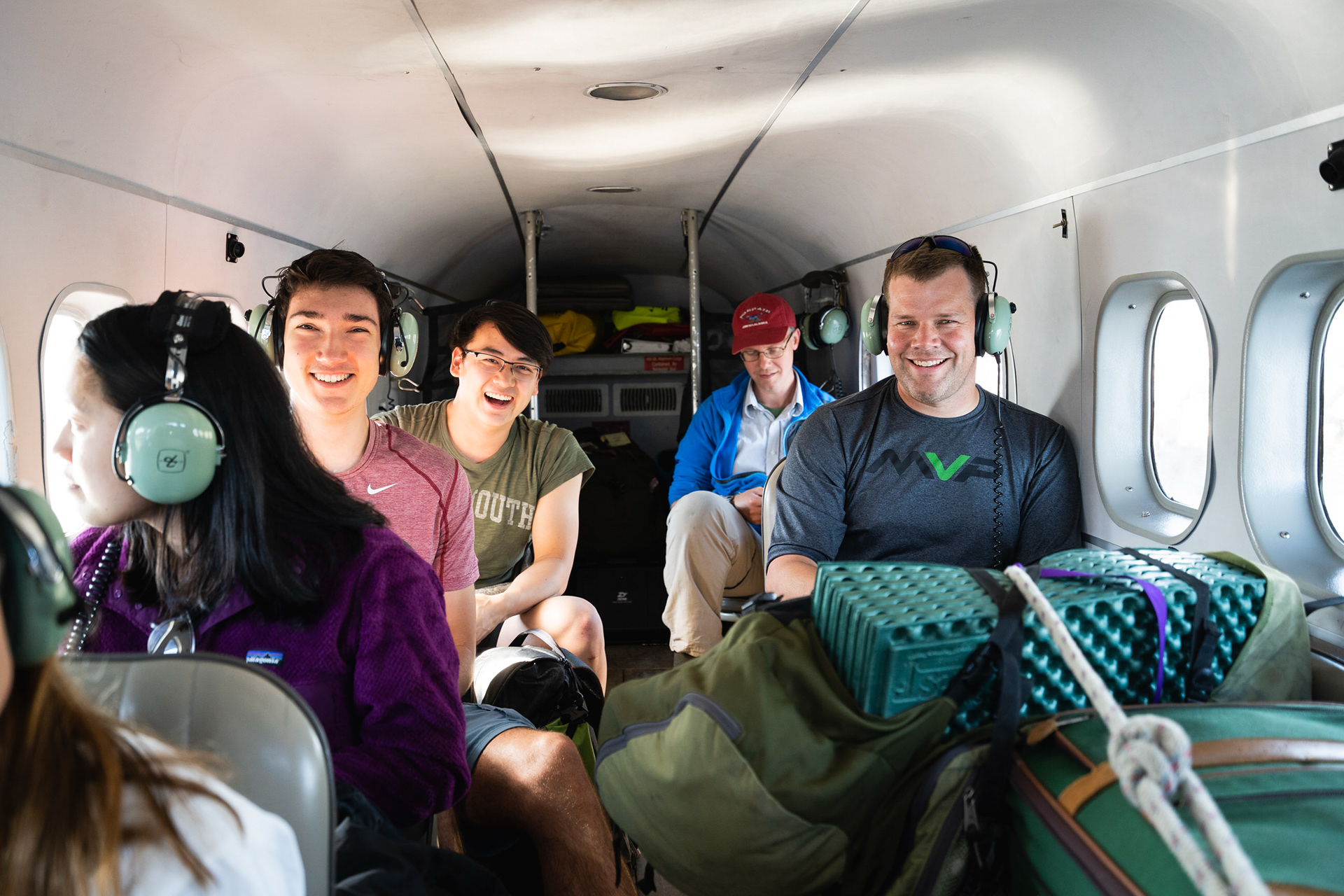
The existing hydroelectric generator was so rusted that its bolts disintegrated under our wrenches, forcing us to use an angle grinder to remove the metal housing.
During those back-aching hours, I chatted with the island's residents and heard accounts of family fishing businesses shuttered by ocean acidification and forced migration from rising sea levels. After the project had wrapped up, these conversations stayed with me, prompting me to question the role of engineering in challenging existing paradigms and wondering what else can be done to address the erasure of culture and ways of life.
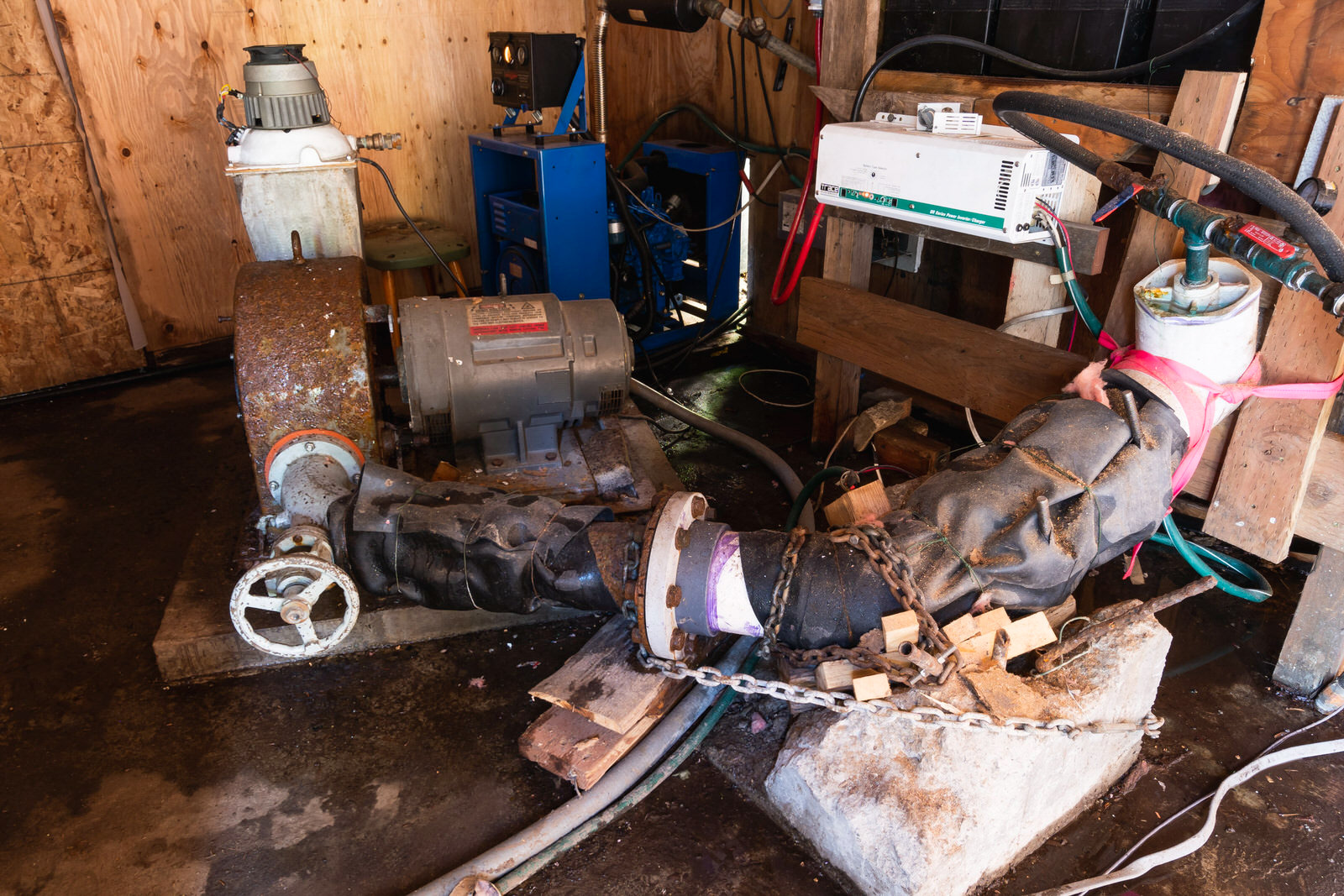

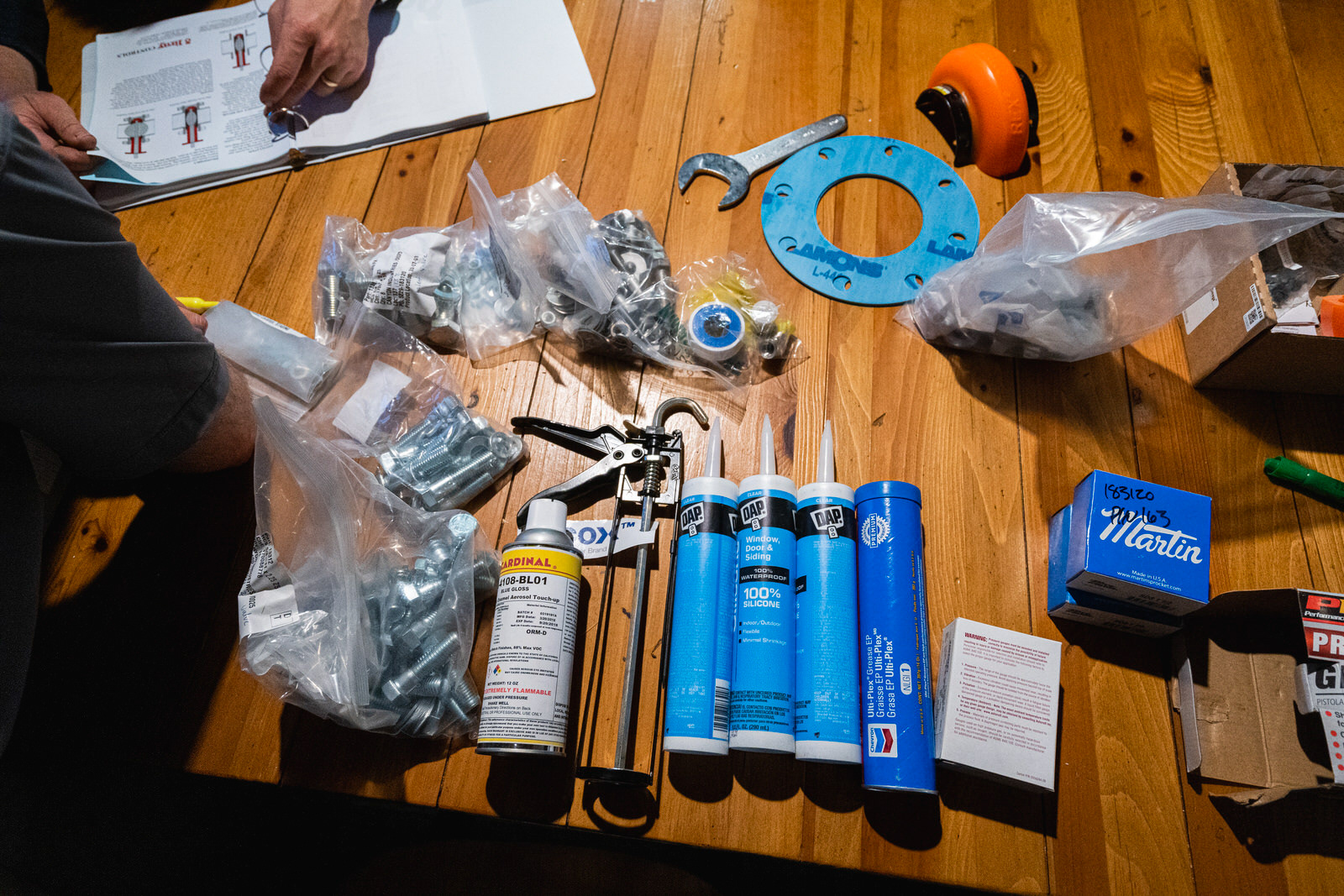
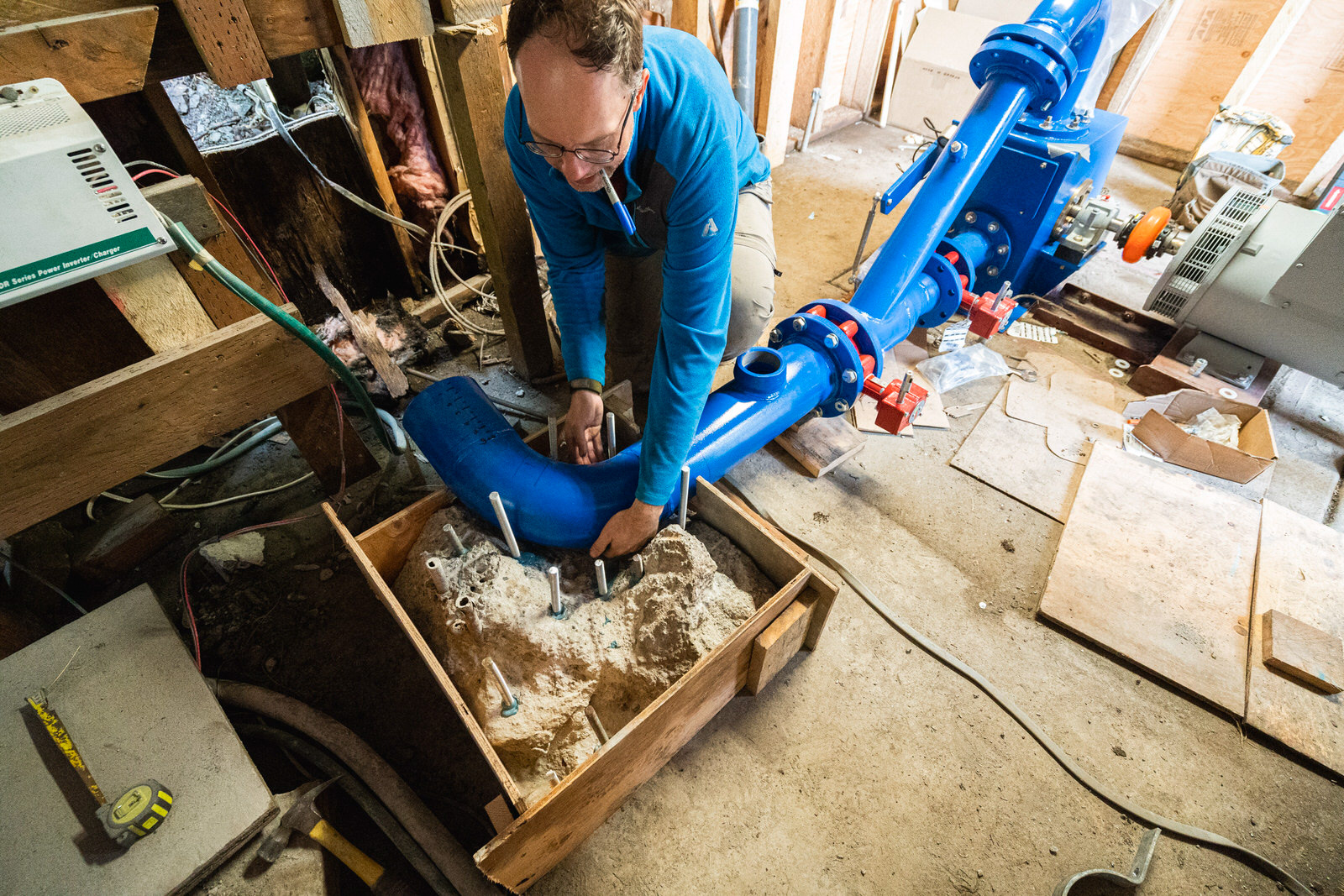
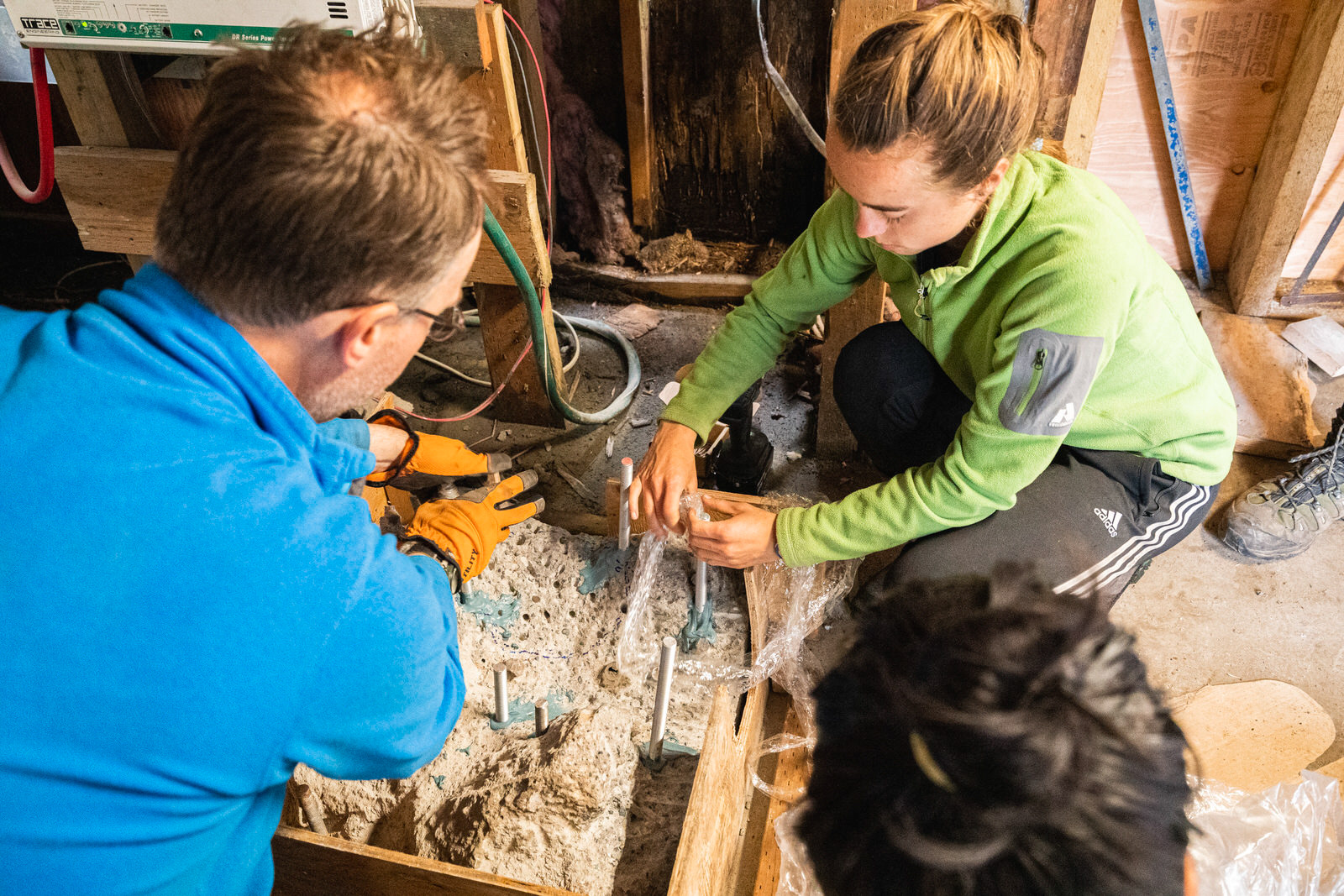
On site, our relationship with our natural resources became intimately clear as we fished for our dinner and made sure not to run the dishwasher at the same time as the coffee machine. Occasionally someone would forget, and the lights would flicker as the electrical grid came under strain. In a way, these inconveniences made us understand and respect the resources that we consume, making sure that they are not taken for granted so easily. This relationship has all but disappeared in modern life, leading to increased consumption and standards of living.
At the same time, working in resource-scarce environments meant that we spent hours demolishing concrete and drilling holes into steel braces...by hand. I gained a newfound respect for reinforced concrete and the luxury of power tools.
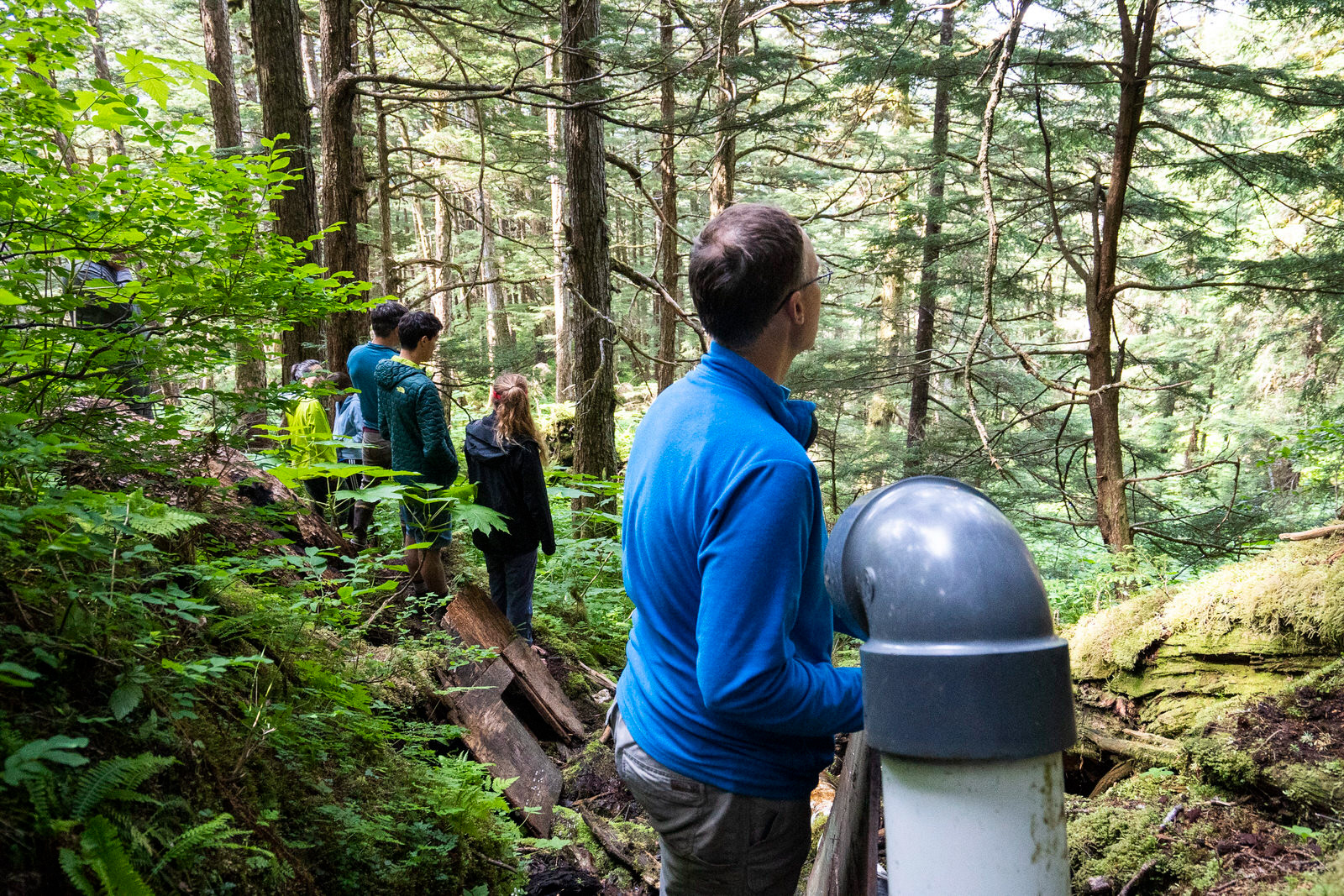
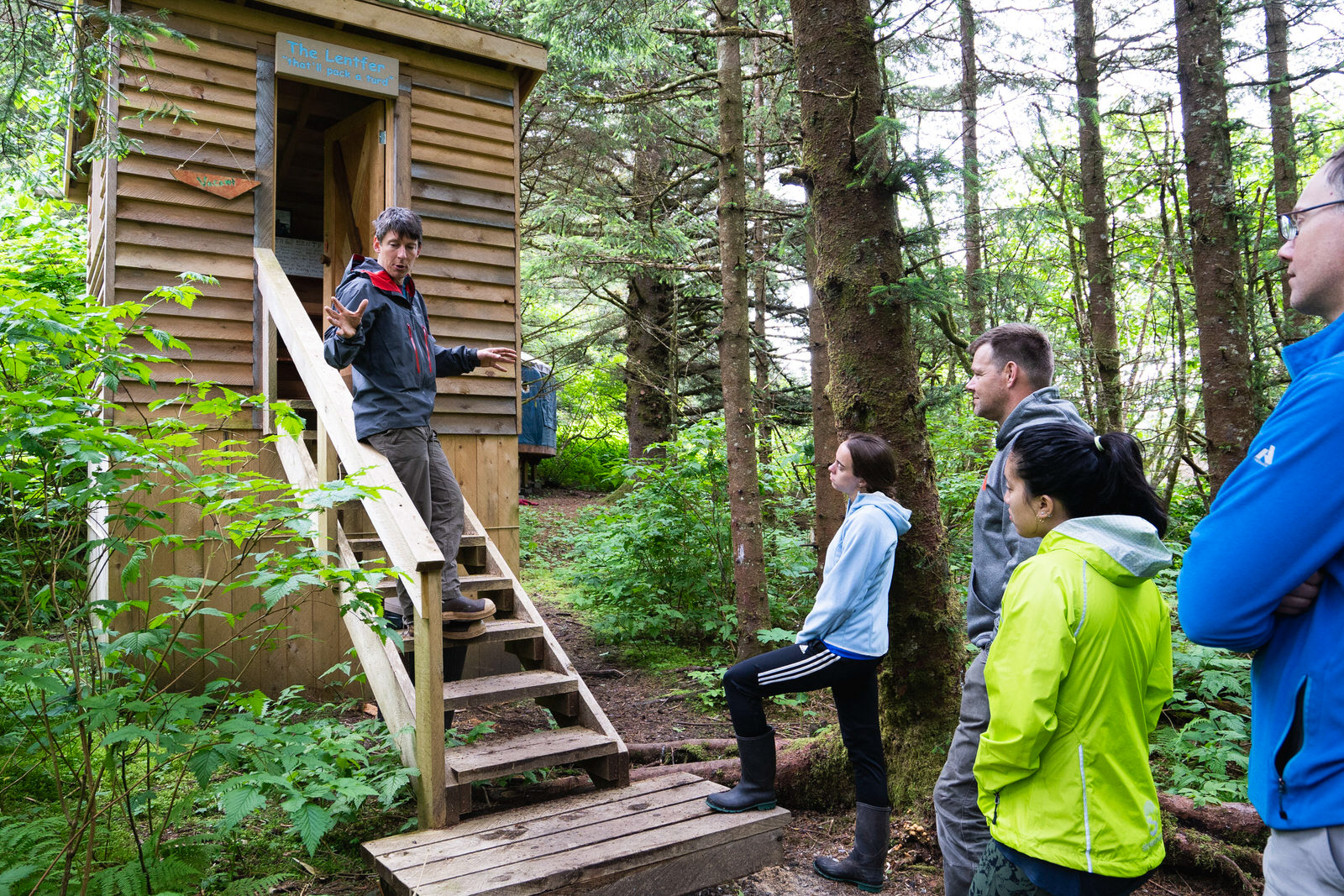
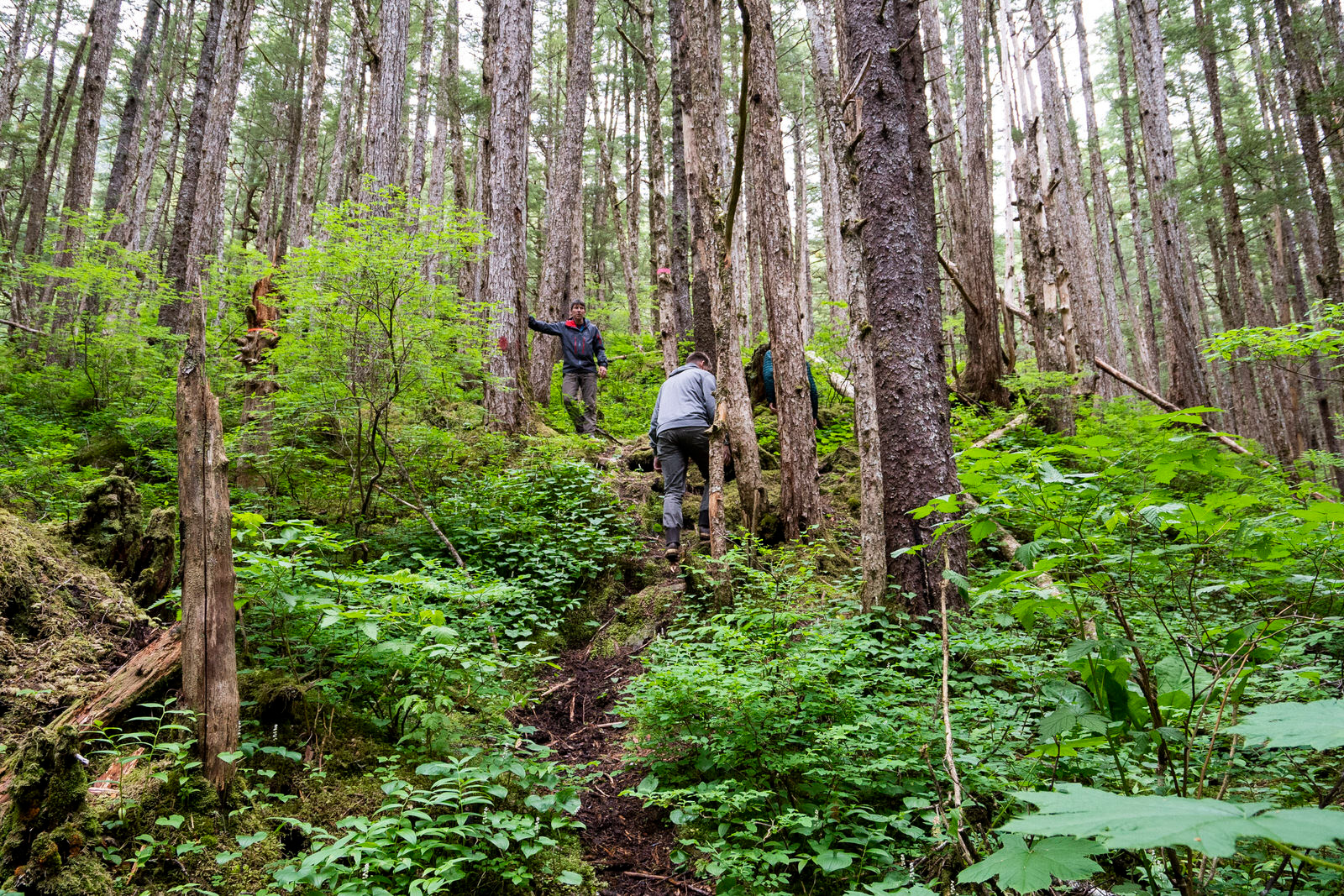
Some notable moments included watching schools of rockfish rise from under our kayaks as we spent an afternoon fishing for dinner, watching whales breach no more than 50 feet away from us and holding onto the side of our kayaks for dear life, flying a drone down the penstock of the generator and threading it through a hole in the trees, and making a trek up to the peak of the island to watch clouds gather over an alpine lake.
With only some minor hiccups and explosions, the new generator was successfully installed. However, as I was sitting and fastening the bolts on the shiny new generator, for some reason I felt trapped: that new generator would allow the institute to run fossil-free, but it was still part of the system of consumption and modernization that contributes to the climate change and disconnects people from nature.
All in all, this was an incredible experience, but I began to wonder if engineering was capable of solving the world's problems. One day, this new generator too will rust to a halt and another group of students will be sent to replace it — if by then the island has not already been swallowed by the sea.
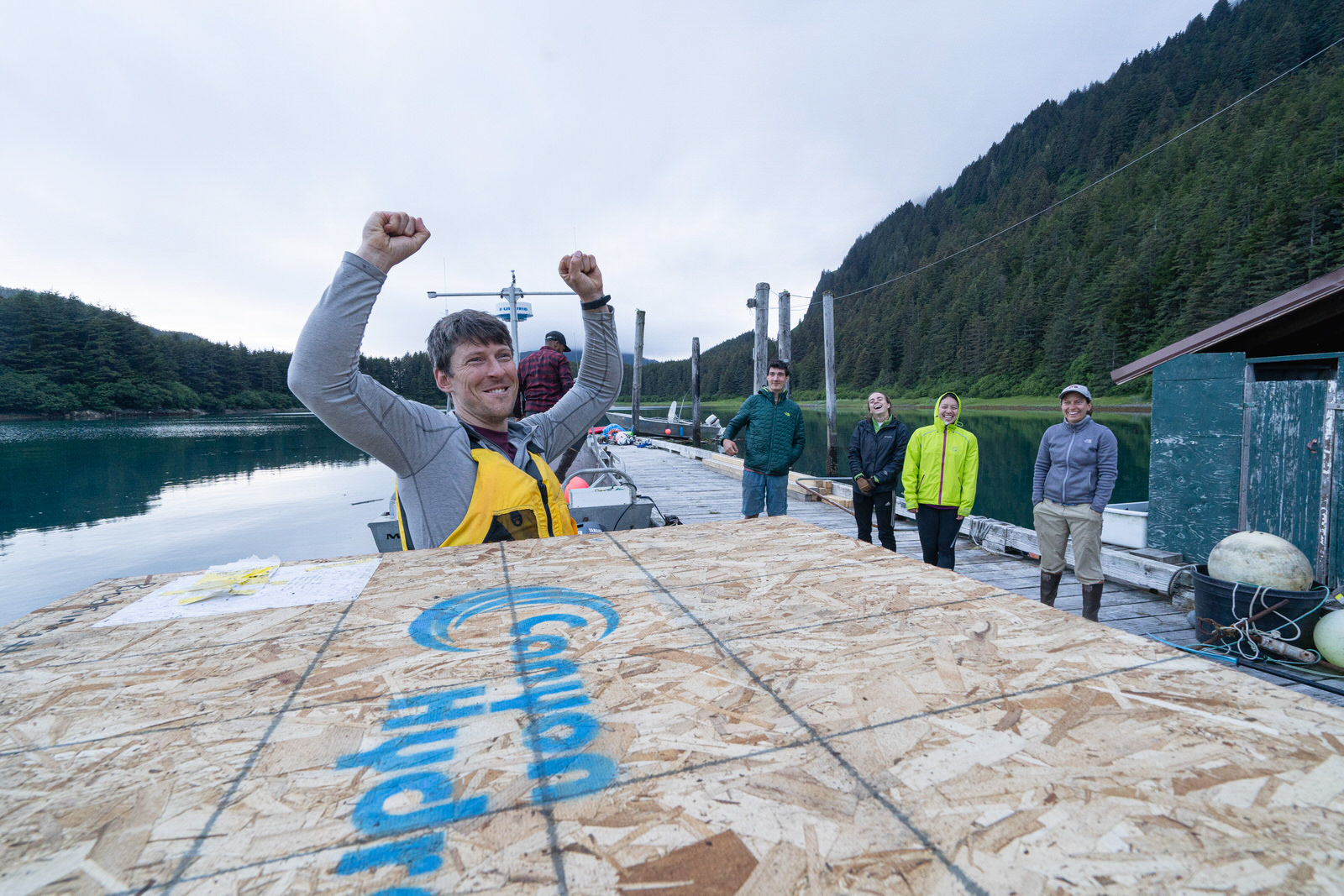
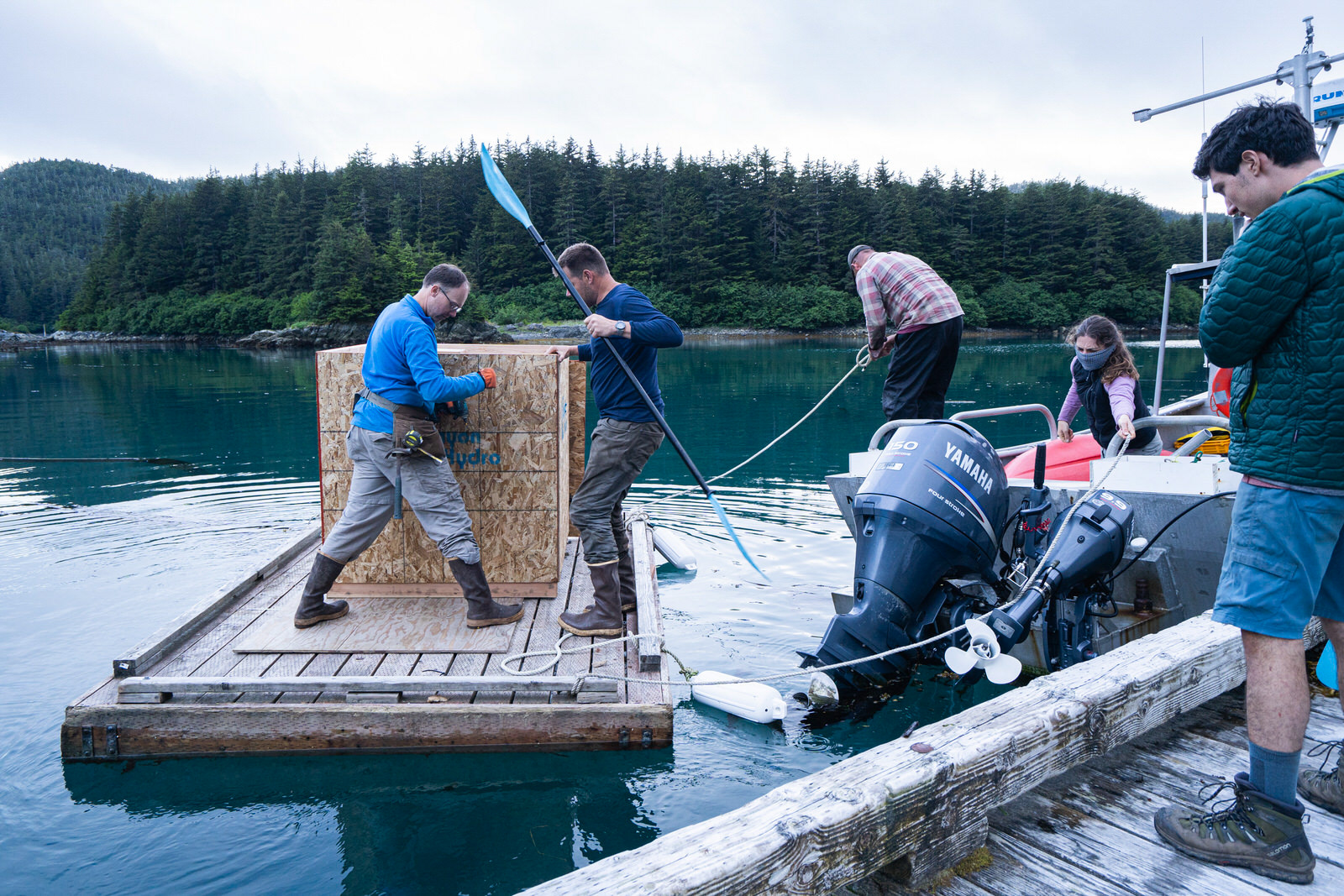
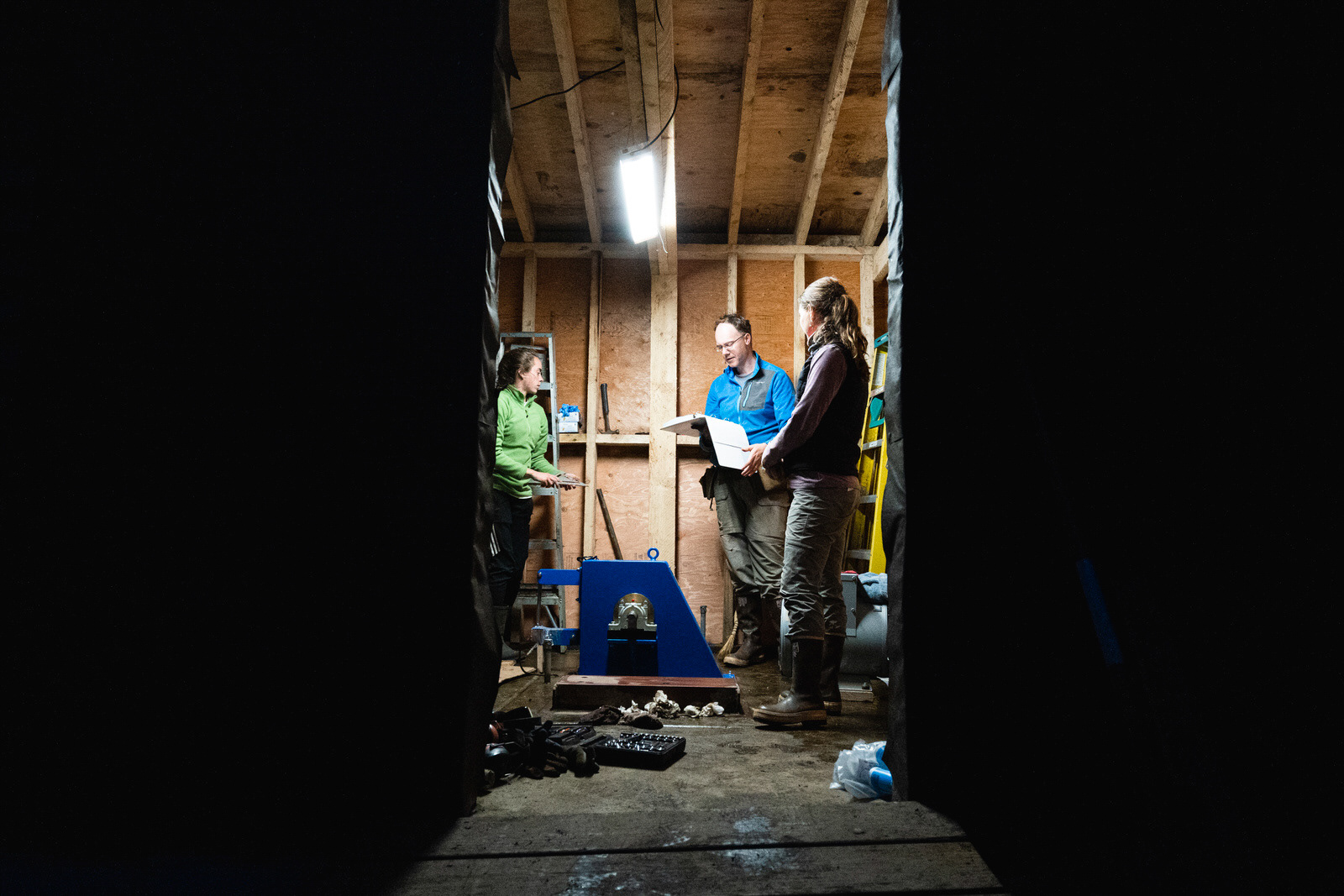
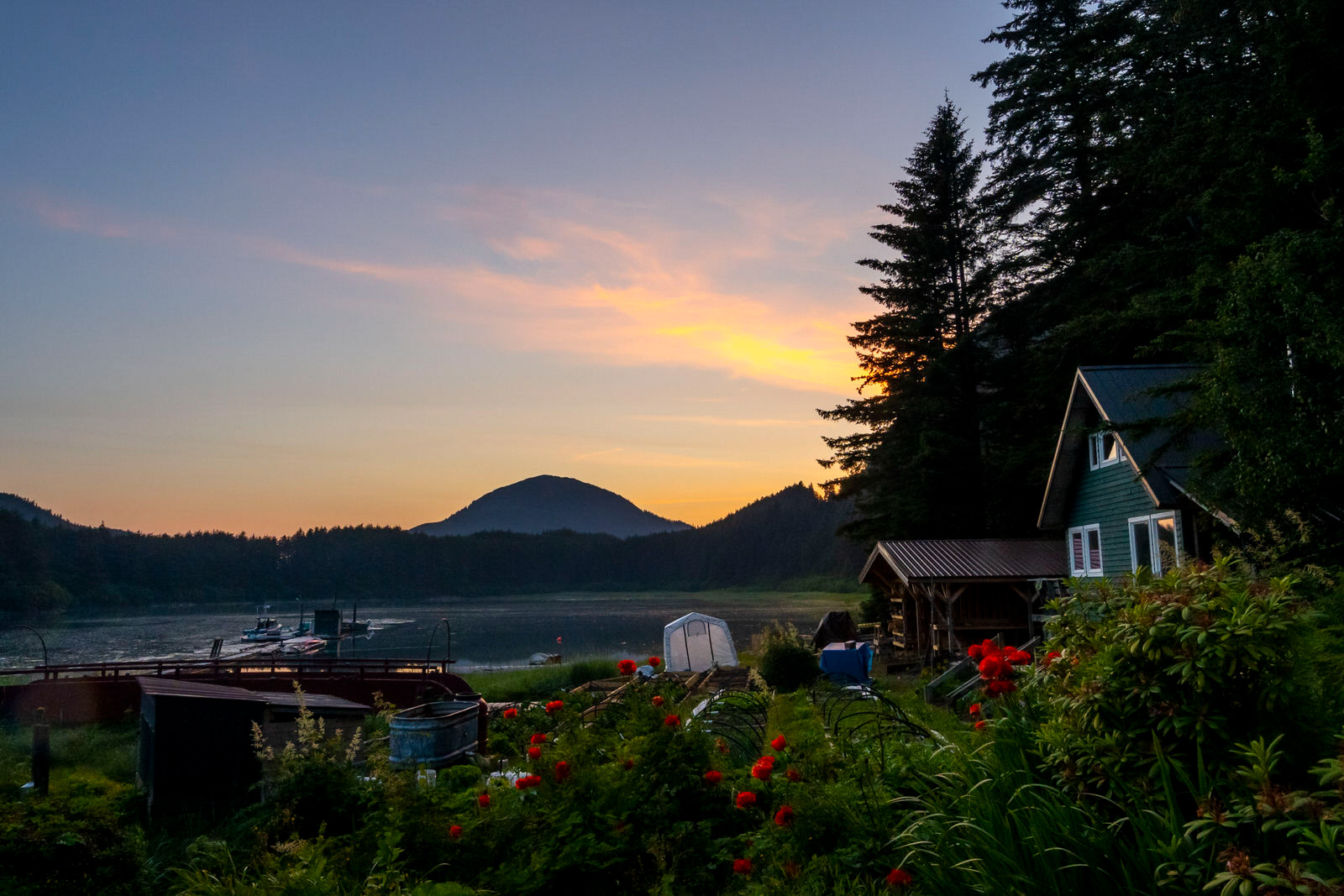
Leaving our mark in history (featuring a little concrete glacier on the right)